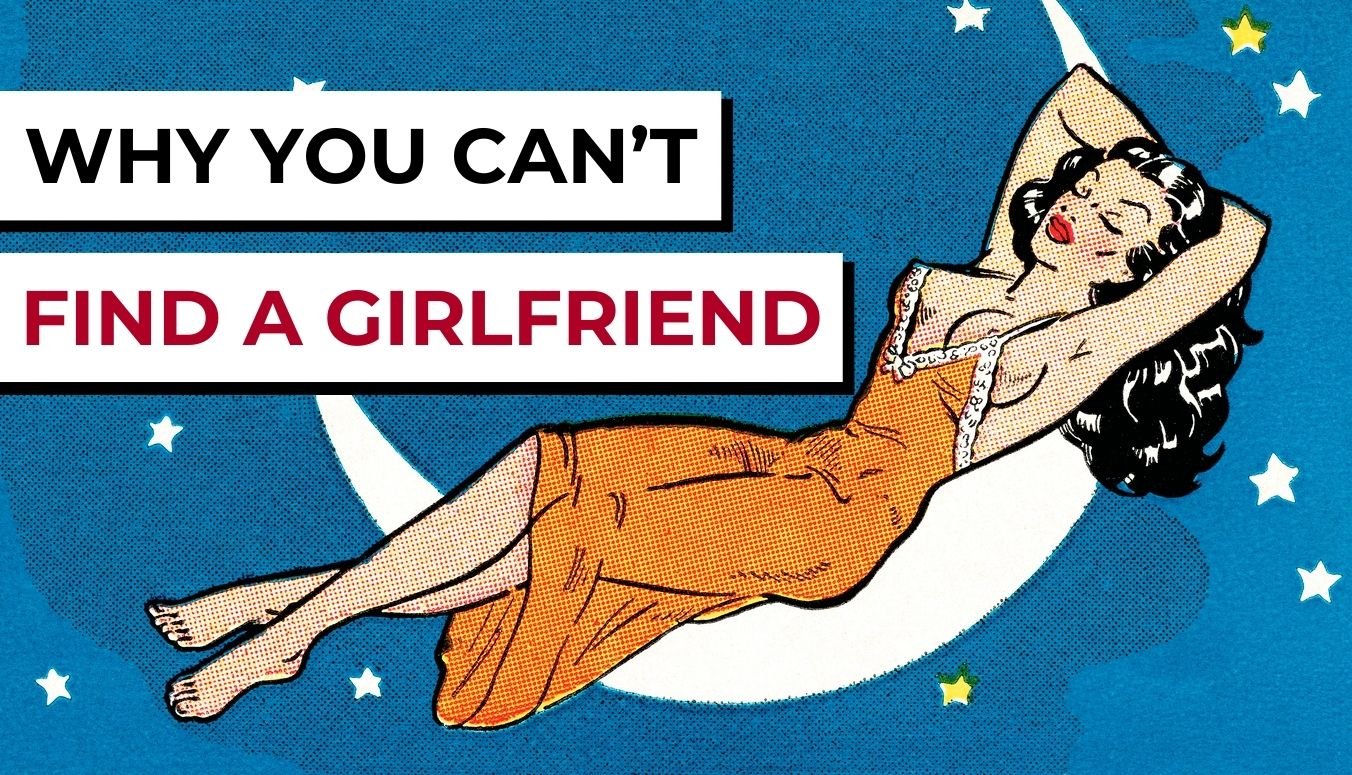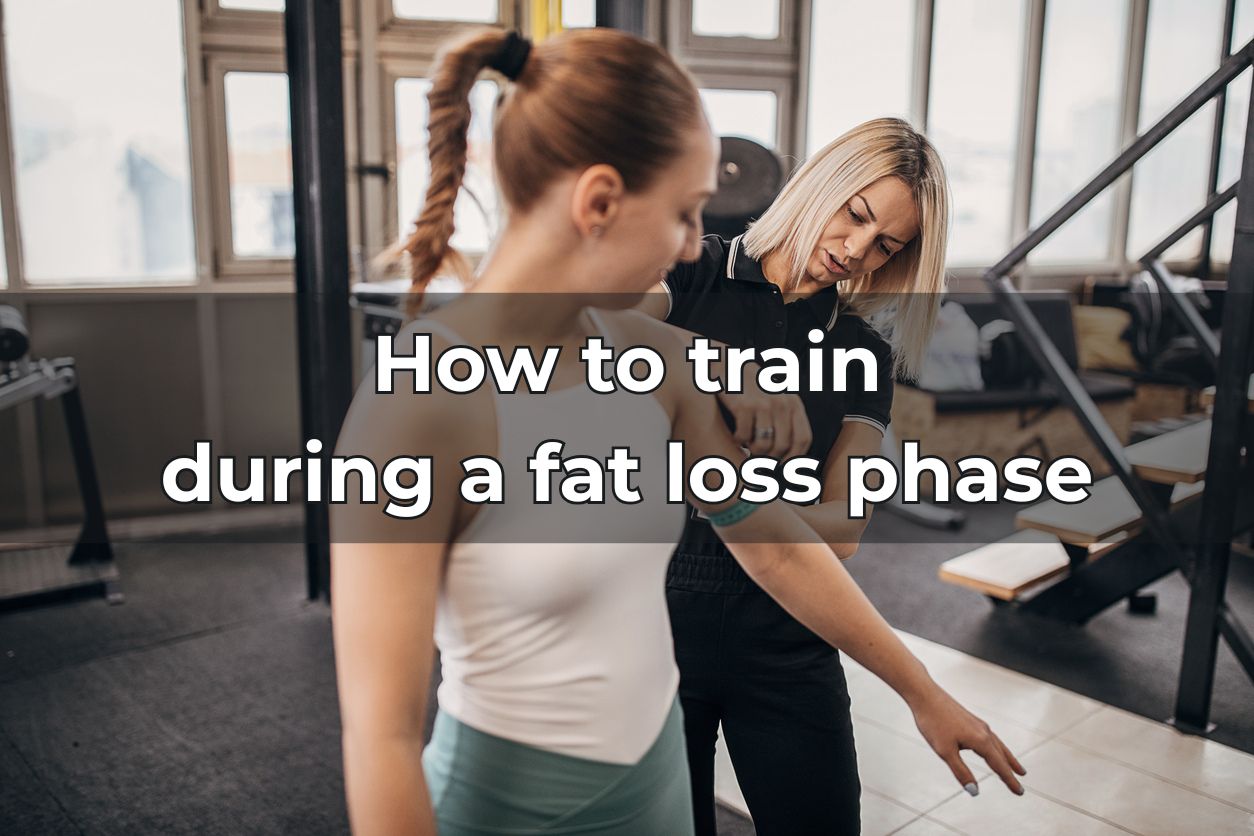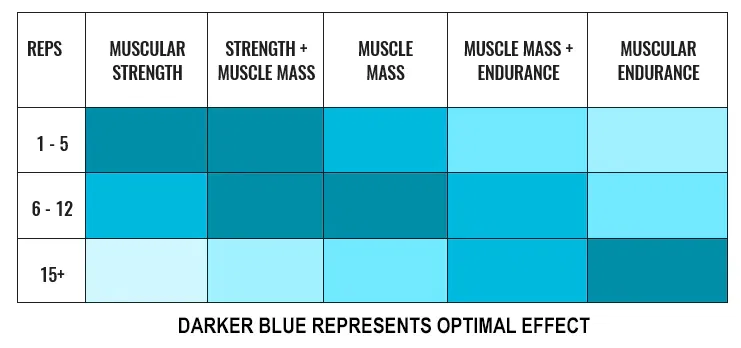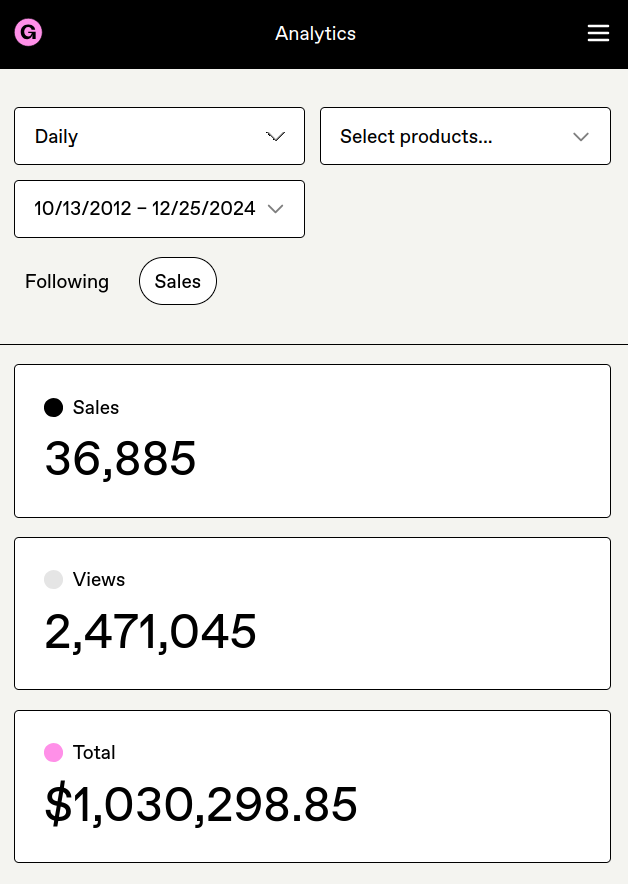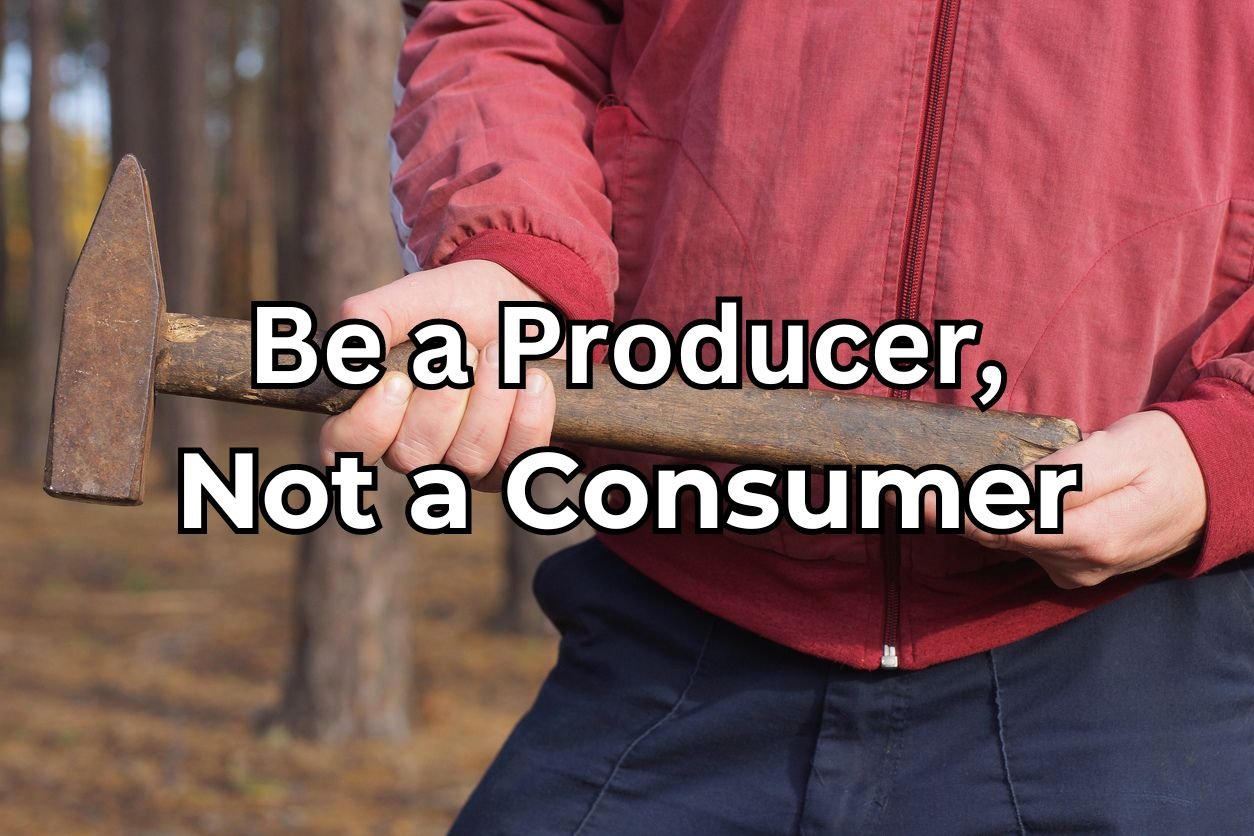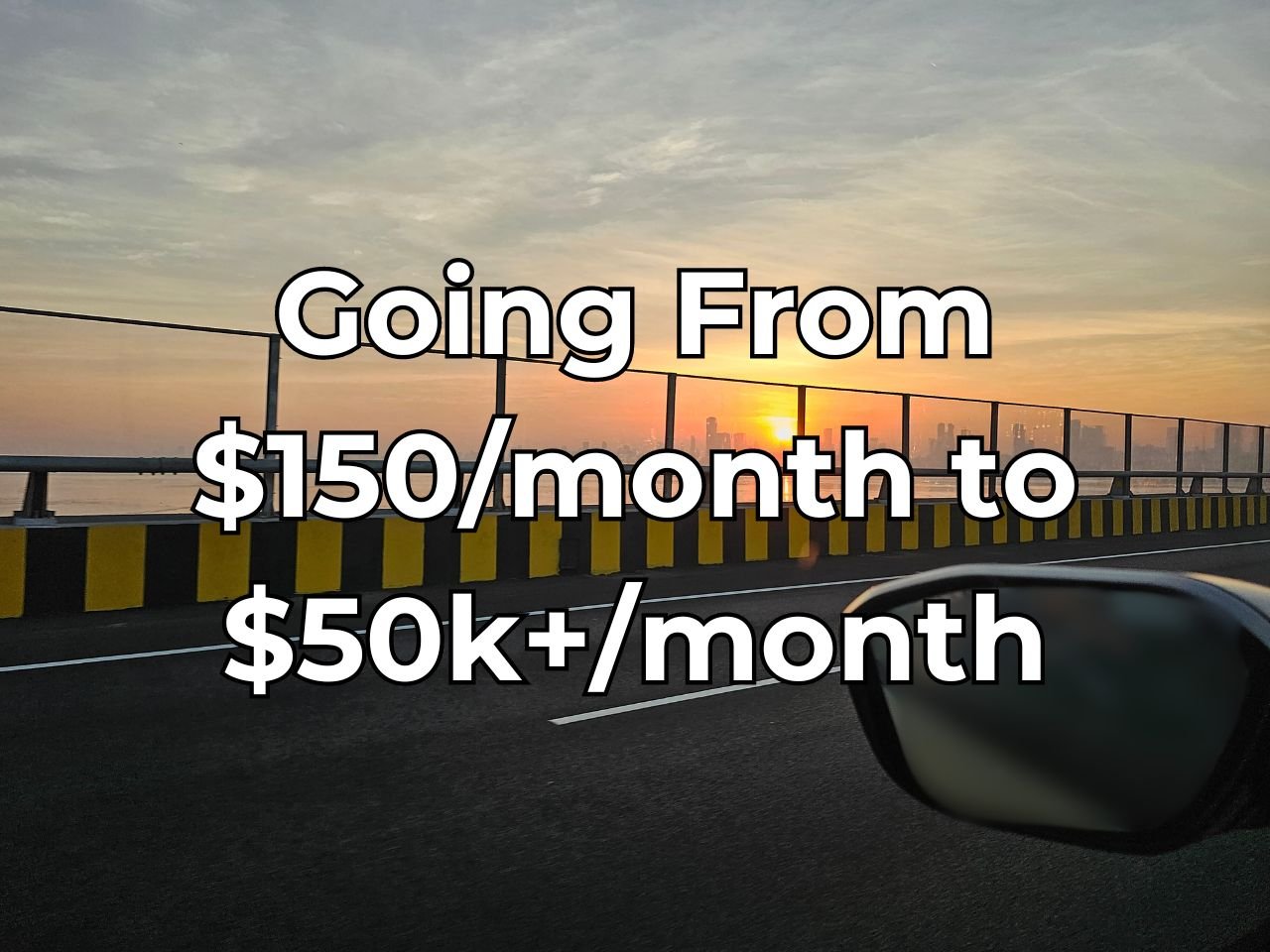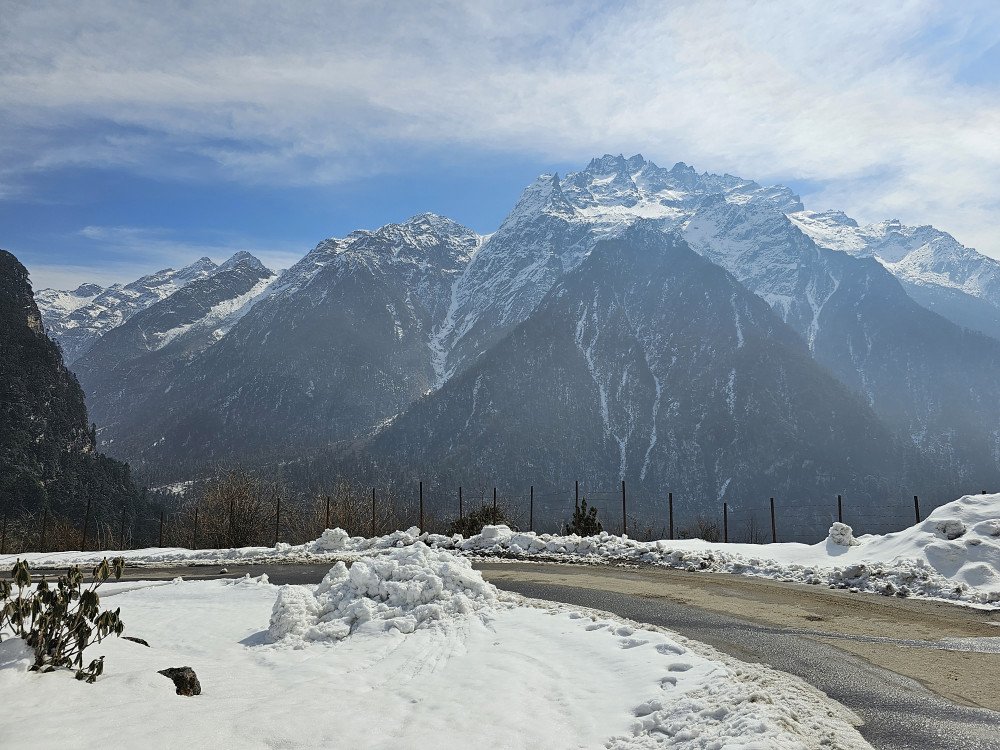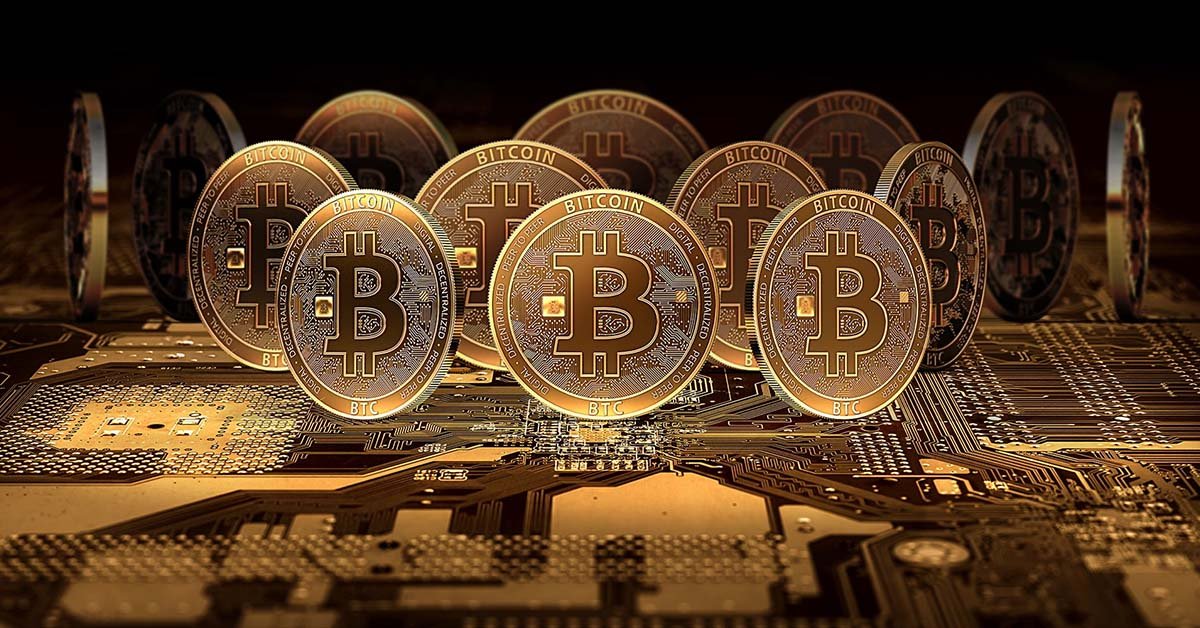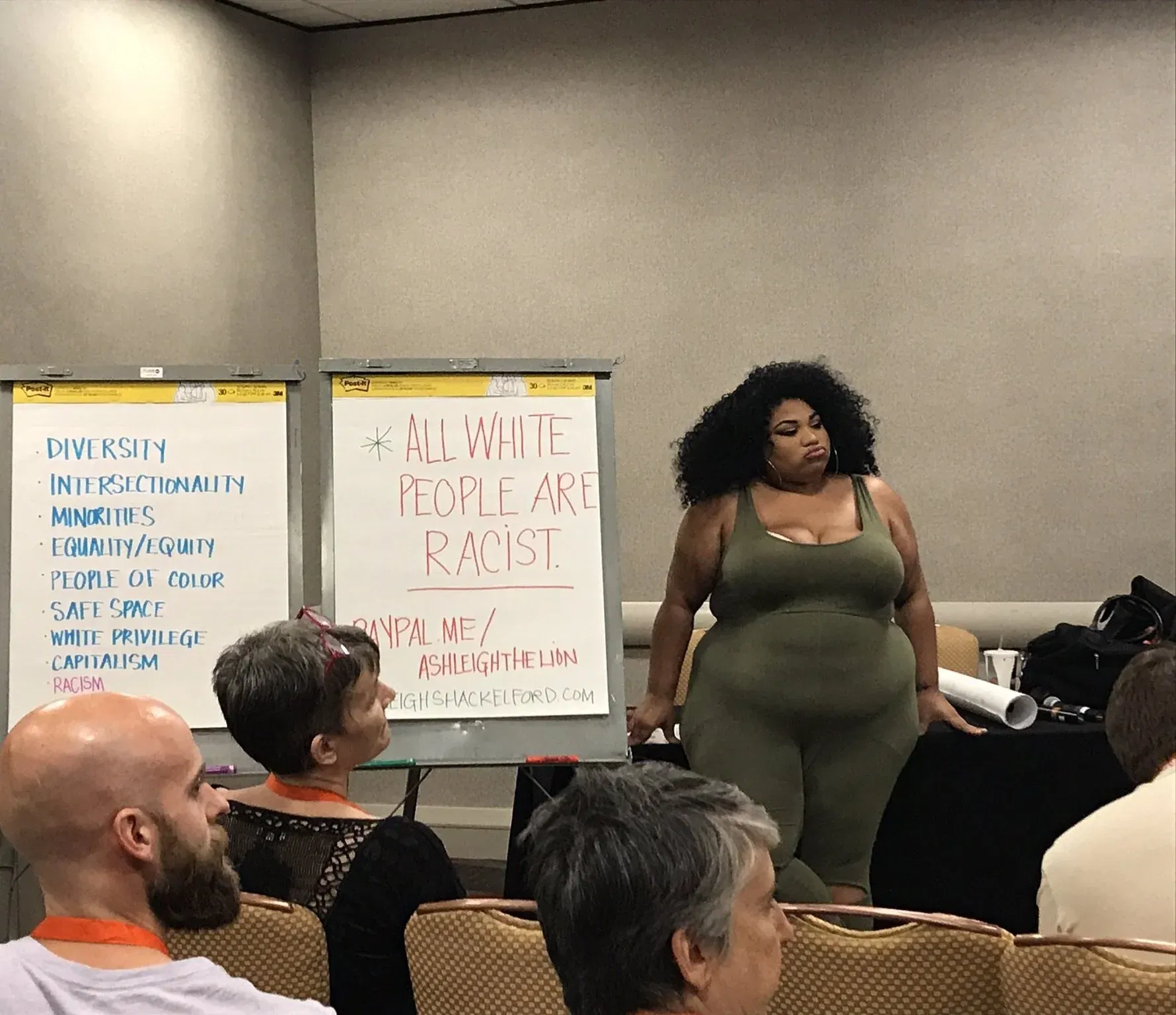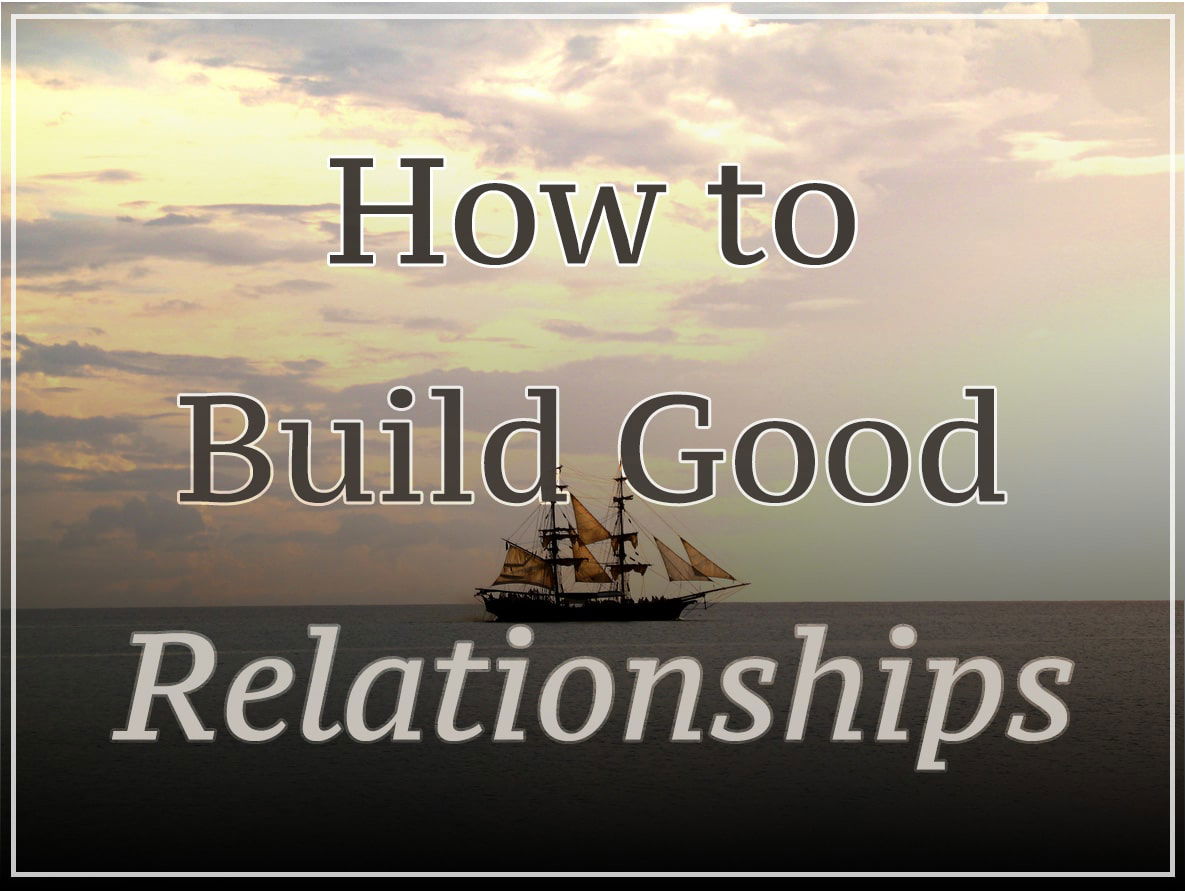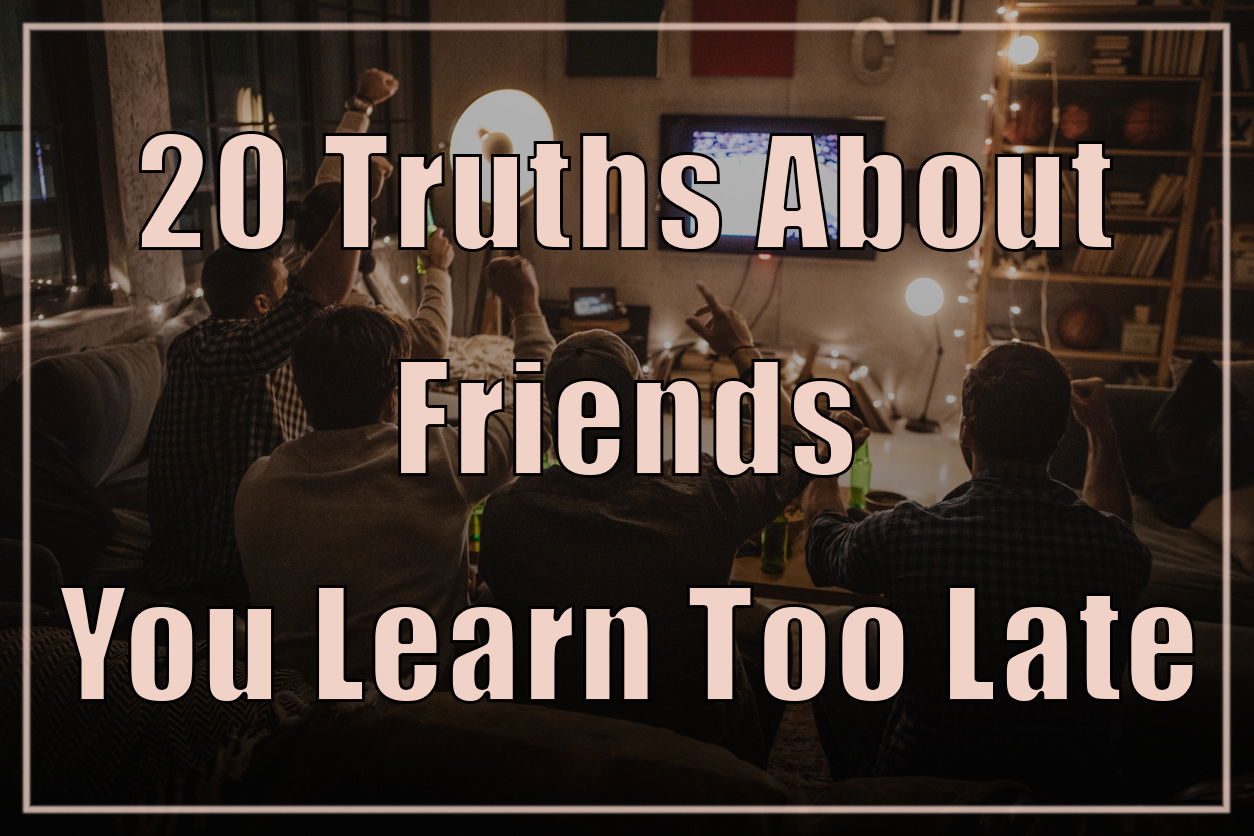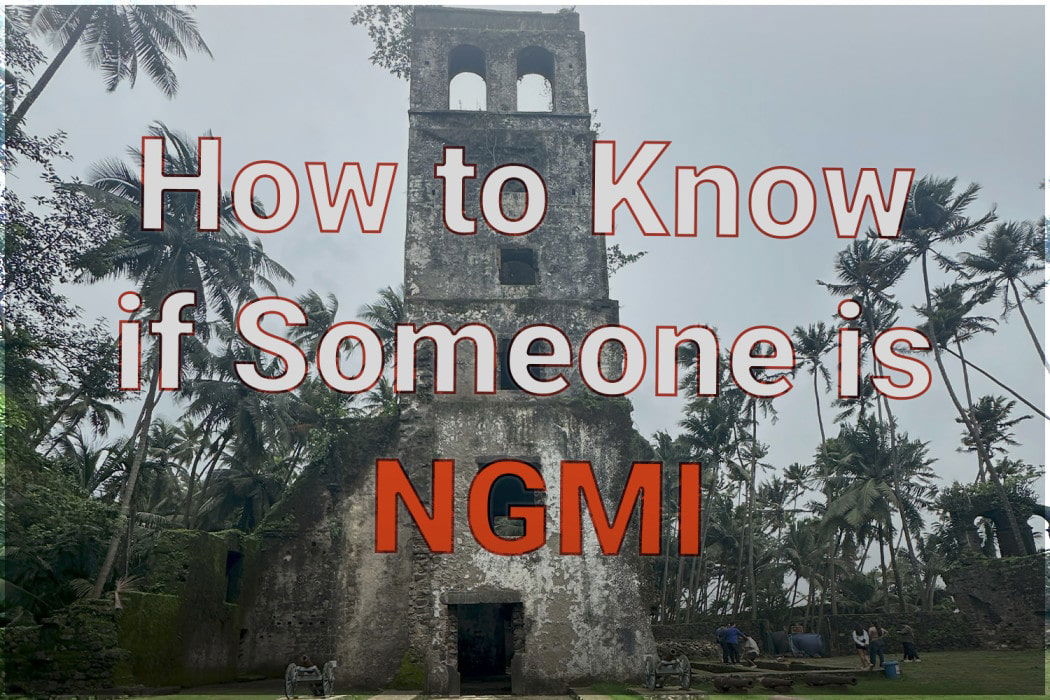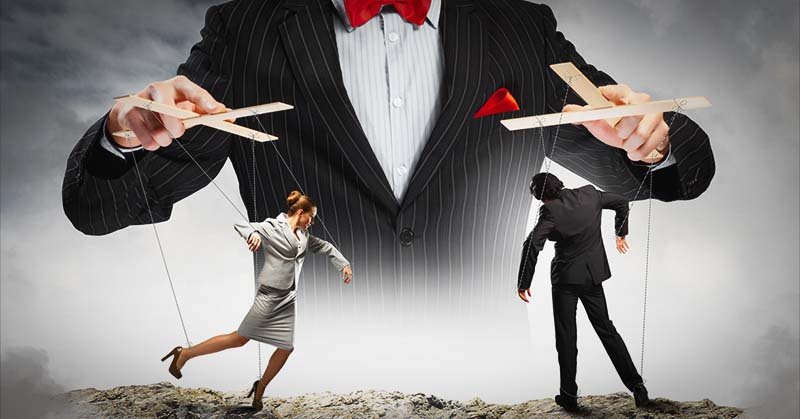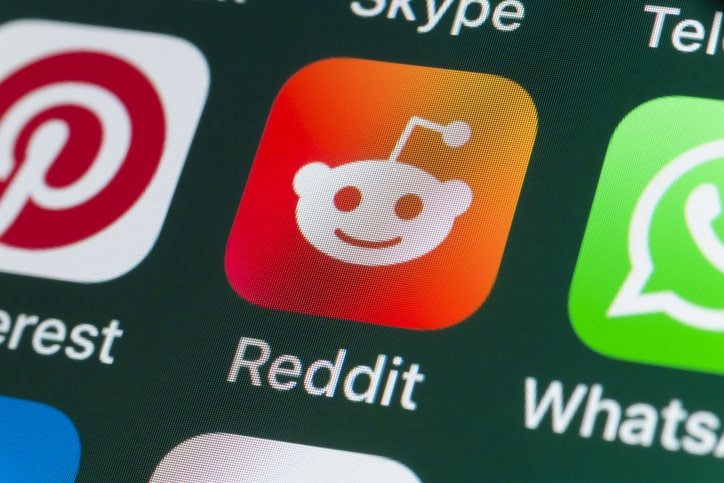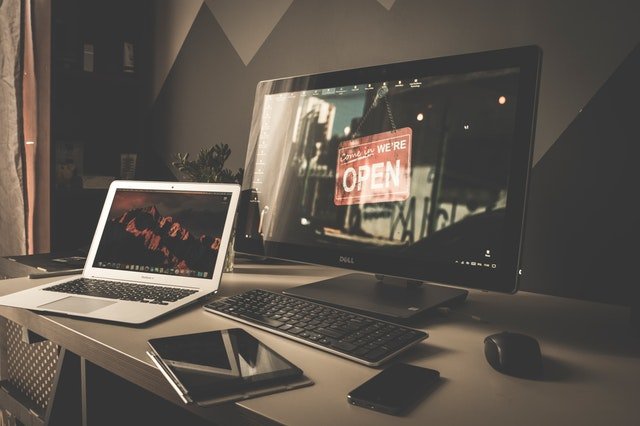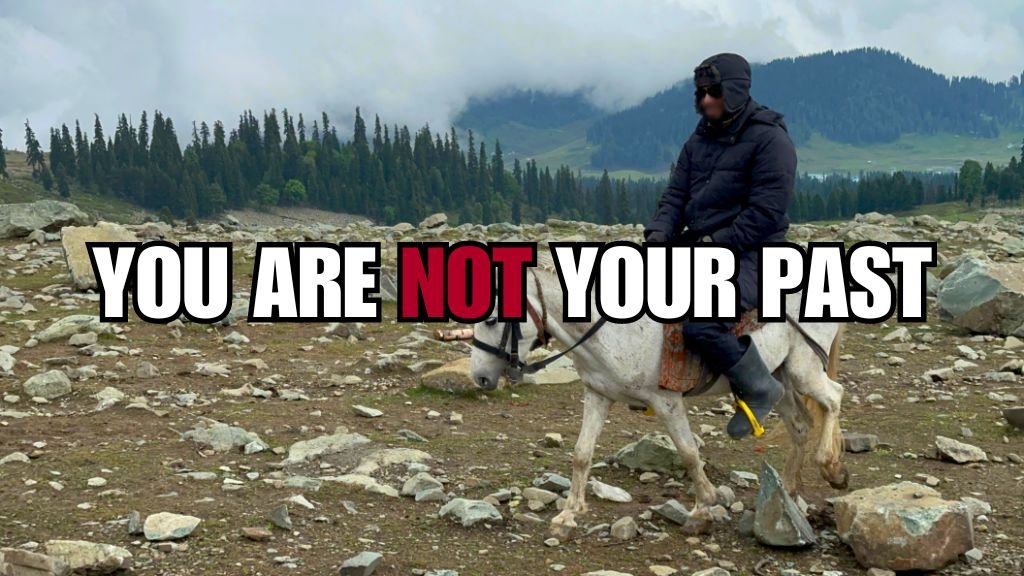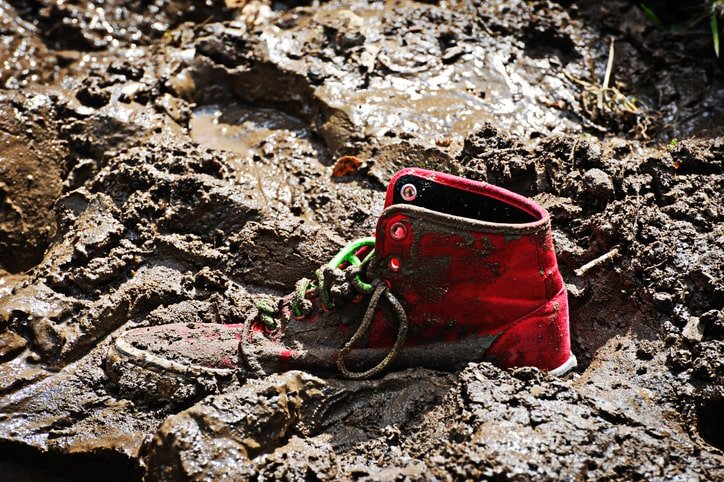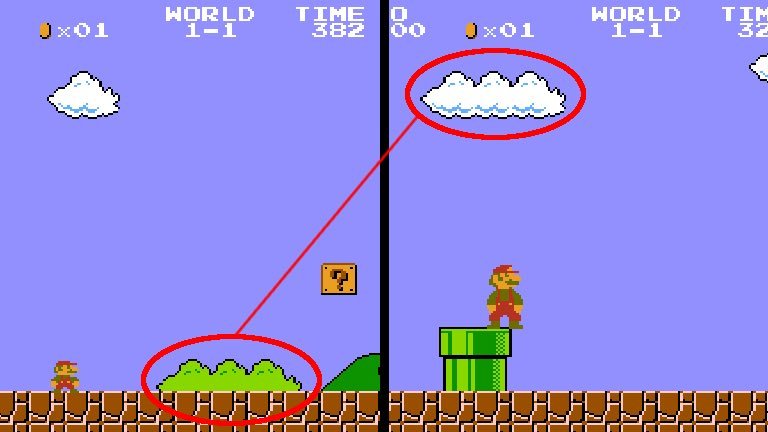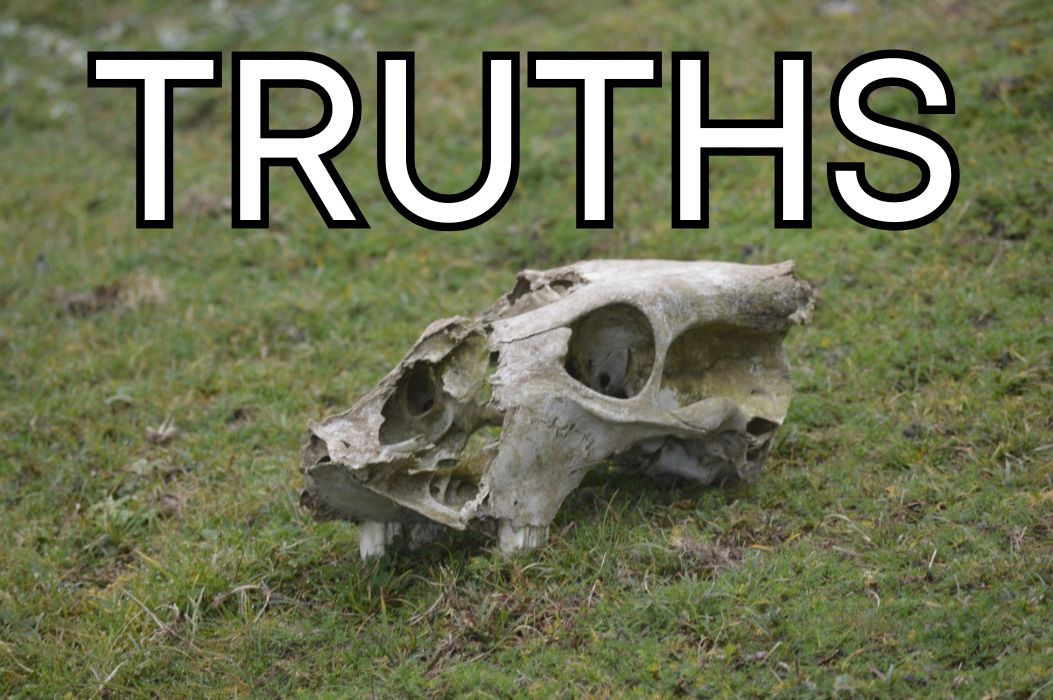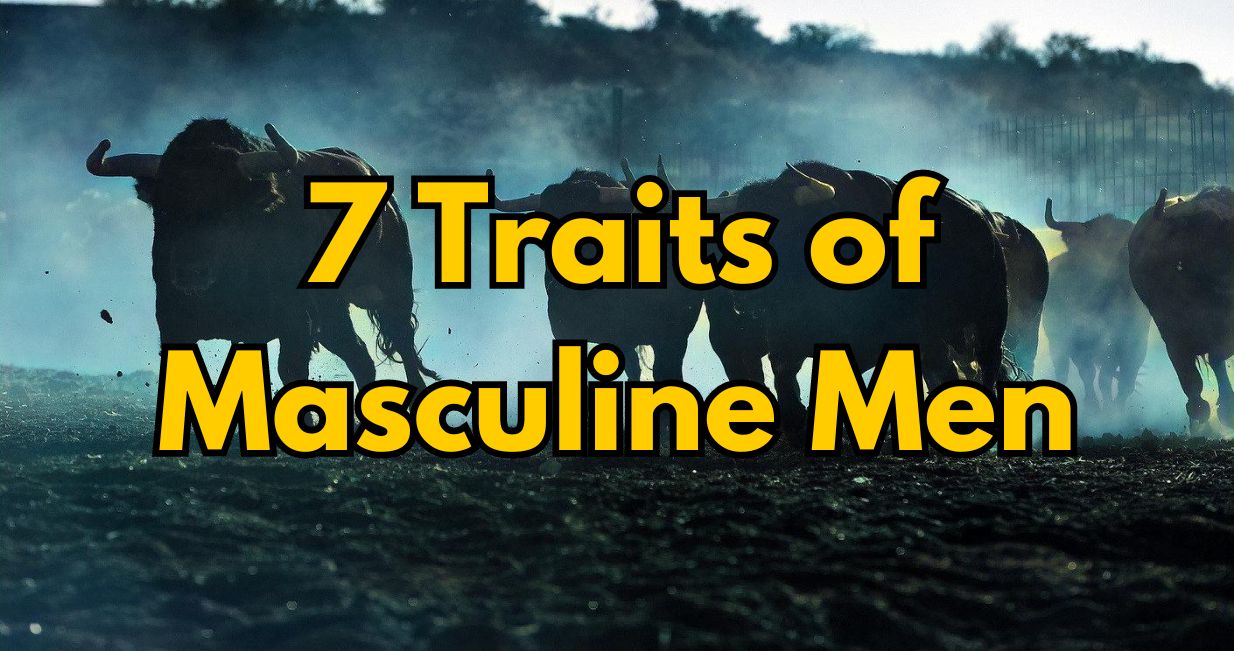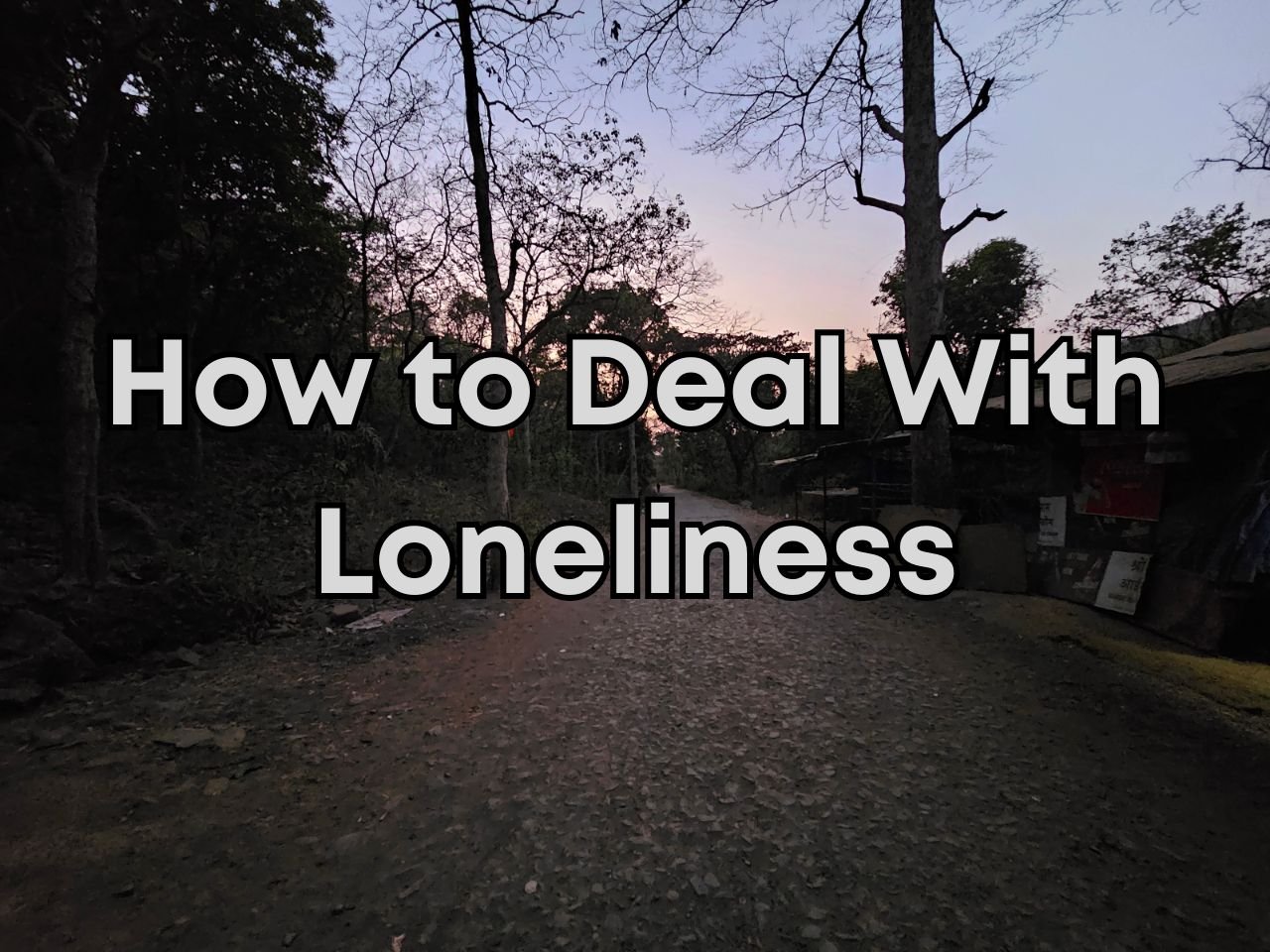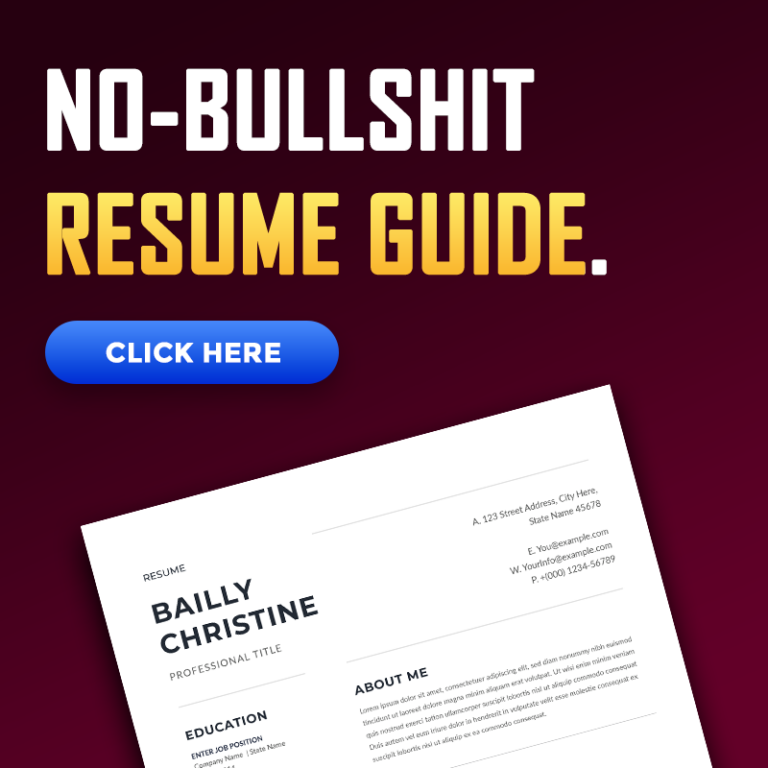Life in 2025 is entirely different from what it was in 2010-2015. I got into the game sometime in 2012 when I started trying to figure out how to make money from the internet and began to assist my father in the tax firm (I did low level accounting/bookkeeping at first).
A lot has changed since the early 2010s, some for the better and some for the worse. I went from a kid who grew up in a chawl to becoming a multimillionaire simply because I happened to be born in a time when India is growing at sky high rates.
(If I was born a 100 years ago, I too would live my entire life as an uneducated farm worker like my grandfather.)
Perhaps I can ask dad to do a guest post here given the changes India went through are even more radical in his lifetime than mine. He went from a farm worker to a bicycle repair guy to an accountant in a factory to starting his own tax firm in the city.
Needless to say, things in India have been booming since the 90s. But this post will be my own experiences.
The State of The World And What Changed Over The Last 10-15 Years
1) Automation/AI
Back in the day, people used to say “automation was coming” but it was mostly them repeating what they heard from others. Then software started to show up that automated a lot of repetitive clerical work.
Now AI is the rage and it can do a ton of creative work. If you asked people in 2010 that tools would do custom graphic design for you by only using single line plain English prompts, they would laugh at you. And here we are.
It’s actually shocking how fast AI is improving. It feels a lot similar to the early Internet and we are in the early stages. AI tools will get MUCH better in the next 20 years.
We cannot imagine what it will be able to do in 20 years. We will be in an entirely different world.
In fact, when I was a kid, they used to call computer and internet related stuff “high tech”. Now it’s just tech. “High tech” now sounds archaic and you’d only hear it from an older person.
I’d say the same thing will happen to AI. You call it “AI” now because it’s new. In the future, it’d just be software. You’d expect all software to have these capabilities, and the term will become archaic.
2) Employment
Back in the day, the only jobs you could get were in your local area. Today you can work from anywhere in the world. Online freelancing is a big thing and you can make a very good living without any formal employment.
This is great for people in developing countries who can now work international jobs and earn a salary well above what is available in the local market.
I have friends who work at a back office of big western banks like JP Morgan making more money than working in the front office of many local banks.
On the other hand this is bad for people in developed countries who now have to compete with people willing to work at a wage less than their cost of living.
They are voting for newer politicians who they think will solve this issue but it is an exercise in vain because the economics of hiring western labor no longer make sense (at the same time I feel bad for western people who can not hope to compete with people willing to slave away for 15 hours a day for 25% of their salary).
And not to mention bad for businesses in developing countries who have to pay higher prices for talent now that they are competing with foreign enterprises. Back in the day I could get a well qualified audit lead in India for $30k. Now it costs $50-60k because many of them have job opportunities with richer western firms.
3) Business
Clear shift from the physical world to the digital world. The first time I made an online purchase was in 2013. It was a book on Python and I was trying to learn it so I could figure out how to build products I could sell on the internet.

Today all brick and mortar stores are suffering from high costs while their online competitors are stealing their customers left, right, and center. Case in point, the coffee I’m sipping as I write this article was purchased from an online grocery app and delivered to my house in 10 minutes.
If you want to start a business today, it MUST be online otherwise the costs will be high and you are NGMI. Take a look at The Art of X, The Complete Web Design Course ™, or The Art of Copywriting (whichever interests you most).
4) Marriage and women
The decline of marriage and “woman quality” in general was already a topic of discussion in the 2010s and the problem has only worsened. It is now completely normal to have children with women you are not legally married to (which is a positive development in many ways).
Online dating allows women to get fucked by tons of alpha men in complete privacy and we’ve come to a point where instead of hiding it, they just call beta males insecure for having trouble accepting it.

Basically less and less women are worthy of a traditional marriage, and more and more of them are only good enough for casual dating (at best).
5) Dating
Dating as a whole has changed and much of it has moved online. Traditional monogamy is completely broken and now we have the top 10% men with unlimited women while the bottom 90% struggle to even get matches on the apps.
The women get pumped and dumped hard in their 20s and then marry a beta provider male to look after them after they hit 28. In India, it’s fairly common for women growing up in cities to have 5-6 boyfriends before they marry, while in the west the numbers are in double digits.
My advice to men is to get a few fuckbuddies just to see how much things have changed. If you’ve never even had a woman obsessed over you, you will simply think I am exaggerating this point.
To see the reality, you must get in the top 10% and experience the abundance yourself. It makes pretty much any woman more inclined to sleep with you – single women, older women, other people’s girlfriends, and even other men’s wives (I don’t recommend sleeping with married women, although the WallStreetPlayboys disagree).
6) Nutrition
People are waking up to the realities of poor nutrition. Back just 10 years ago, no one gave a shit about how much protein was in their food. Today almost everything has a high protein variant.
Where I live, you can get high protein ice cream, protein cookies, protein dosa – almost anything you can think of has a protein enriched variant. People are starting to care as income levels go up.
A diet of grains and seed oils is at the bottom of Maslow’s hierarchy of needs (survival). As you climb up, the population as a whole wants to improve food quality and overall health. How to increase protein in a vegetarian diet is a popular article on this website for a reason.
This is a big market although it has sky high competition. Think of any product you like and come up with a protein enriched variant for it.
The fat loss industry is going to get entirely upturned by GLP-1s.
7) Alcohol and cigarettes
Overall consumption is down. If you smoke, many see you as disgusting. People are waking up to the problems caused by high alcohol consumption.
It seems gender based. At least where I live, most educated men don’t smoke or drink heavily while many women do. They see it as them finally attaining freedom.
Whoever convinced women that inhaling cancer is the epitome of empowerment deserves a prize.
A very large percentage of the male consumers of these substances have moved on to weed and mushrooms. Honestly, the market for these escapes from reality will only go up as fewer people have hope in their lives.
8) SEO
I’ve spoken about this in detail before so I’ll just repeat it here.
Back in the early 2010s and all the way to ~2018, a very easy way to make money with affiliate marketing was to build websites with helpful content littered with affiliate links and focus on optimizing the SEO on them.
You could get millions of people to your website this way and make a bunch of money from anyone who clicked your link and bought the product.
People would take it to the extreme and create sites purely dedicated to reviewing products. As long as your SEO was good, you would get traffic from Google and earn a tidy profit.
After 2016, the game started getting steadily harder and you had to do more and more SEO to rank. You needed to pay for backlinks, you had to stuff keywords, and you needed to monitor the competition because it was steadily increasing.
By the early 2020s the game was much harder and the amount of work that would bring you 3 million views in 2012 would now bring 200k views. And you’d be lucky if it even did that.
It’s very clear that by the year 2035 web search as we know it will no longer exist.
Not just SEO, but Google SERP style web search itself is dying. It will all be AI search (some improved version of it).
If you’re still putting in tons of time trying to optimize your SEO, paying for backlinks, and more – you are essentially wasting your effort. In 5-10 years the SEO work you’re doing now will have little to no impact.
You are already seeing this happen today. If you go on SEO forums you see horror stories like this:


9) Gyms and fitness
More people hit the gym now than ever before. Most don’t do it right and aren’t consistent so they get little results, but at least they have a membership and show up a few times a month.
When I was a kid, it used to be considered a waste of money and obese aunties would tell you that you should “climb stairs” and do “natural exercise” and “go sweat in the sun” instead. That level of retardation is gone seen less often.
10) Online gambling
Online gambling is on the clear rise and I’ve had more than 10 clients waste thousands of dollars on these apps. Not particularly sure what to make of it.
11) Big purchases on the phone
People are getting used to making bigger purchases on their phones. 10 years ago, you’d buy small stuff from apps on your phone but open your laptop or desktop if you needed to book a plane ticket or make a $500+ purchase.
Not sure why but everyone felt it was safer to do the big purchases on the big screen. Now people spend unlimited amounts of money from their phones. Another reason why you should build an online business.
12) Insecurity
Insecurity on the increase and you see people do more radical things to try to improve their appearance. More people are on steroids or SARMs, getting some type of plastic surgery done, spending on high end cosmetics (even men), and worried about how they look in general.
This is going to keep increasing and it will become socially acceptable to take at least some amount of SARMs, wear light makeup for men, one or two plastic surgeries, etc.
People need to see what supermodels look like without makeup just to get a reality check.
13) Religion
Trending lower as education and prosperity increase. Strong adherence to religion correlates very strongly with poverty and lack of education.
Yes I am aware some countries are governed by elites who truly believe in their religion. I am talking about their general population, not their governing class.
Barring a handful of exceptions, the most hyper-religious places are those of extreme desperation – African countries like Niger, Sudan, and Mali (all almost 100% Moslem).
If you take the average person, he is far less religious than he used to be in 2010. This is true within religions as well. An average Hindu in 2015 was more Hindu than one in 2025.
A Moslem in 2015 followed his book more than he does in 2025. Etc.
Religion is the opium of the masses, but it is an opium that produces less pleasure than other types of opium. Like video games or porn or junk food. This is why it’s slowly fading away.
In more developed places like Europe, most Christians are Christians in name only. Everyone else is on the same path, just a bit behind.
14) TV and Cinema
The overall cinema industry seems to be dying. How much do you spend on cinema today? Probably less than half of what you did in 2010 (and currency has inflated a lot in that time).
TV got entirely replaced by apps like YouTube and Netflix. Only old people watch regular television today. A viral YouTube video gets more views than most popular TV shows when they premiere.
15) Hope and opportunity
Perhaps this particular point is here because I’m writing this piece after 3 years of non-stop recession/stagnation/stagflation (whatever) and many years of COVID, but there was a TON more optimism in 2015 than in 2025.
The general public (not guys making money online) are seeing their costs rise, their real incomes decline, and they are worried they are going to lose their job to AI and global turmoil.
Just a decade ago, people were far more optimistic and more willing to spend money. Having luxury products and big brands was considered aspirational.
Now people are cutting spending where they can (which is a mistake, they need to build online businesses and find ways to increase their income) and consider big brands to be “flaunting” i.e. instead of aspiration, it’s seen as social ineptness.
This will probably change again as it always yo-yos with the economy, but there is an overall decline in what a 20 year old can look forward to in his life. Again, I’m talking about the general population not internet based businessmen. 20 year olds today no longer think they can buy a house in the city in their lifetime and many can’t even afford to have a child.
It is what it is.
In part 2, I’ll continue on this topic and highlight even more ways in which the world has changed.
– Harsh Strongman


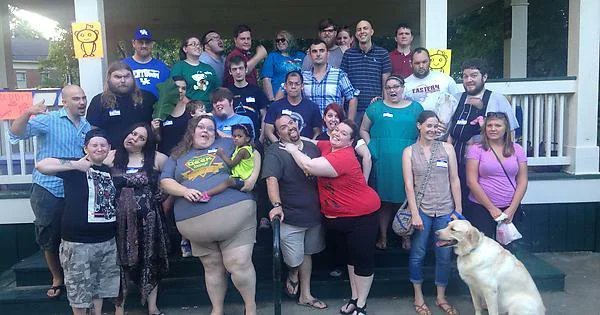


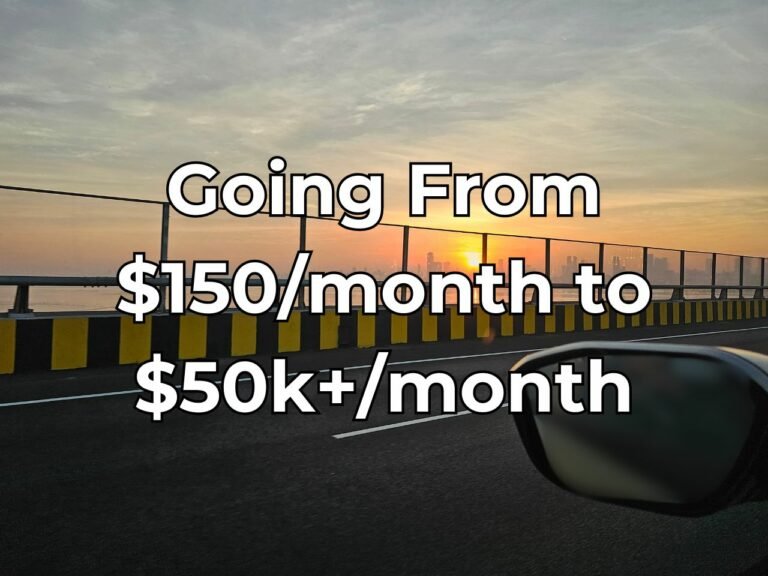




![Traits Women Find Attractive Traits Women Find Attractive (And How to Score Yourself) [PART 1: Physical Aspects]](https://lifemathmoney.b-cdn.net/wp-content/uploads/2025/11/Traits-Women-Find-Attractive-1.jpg)




